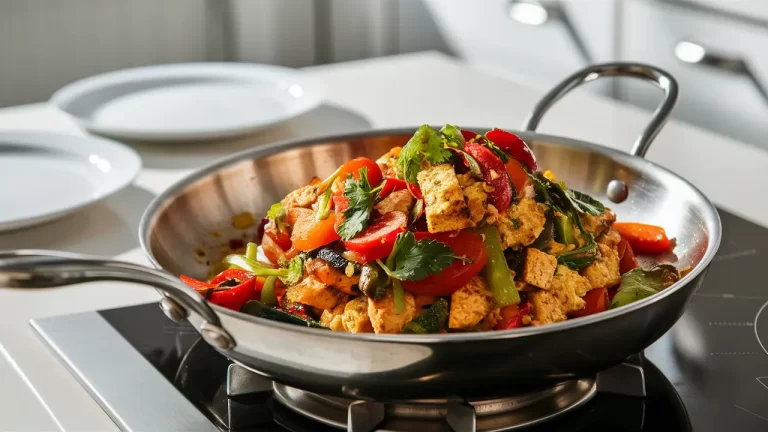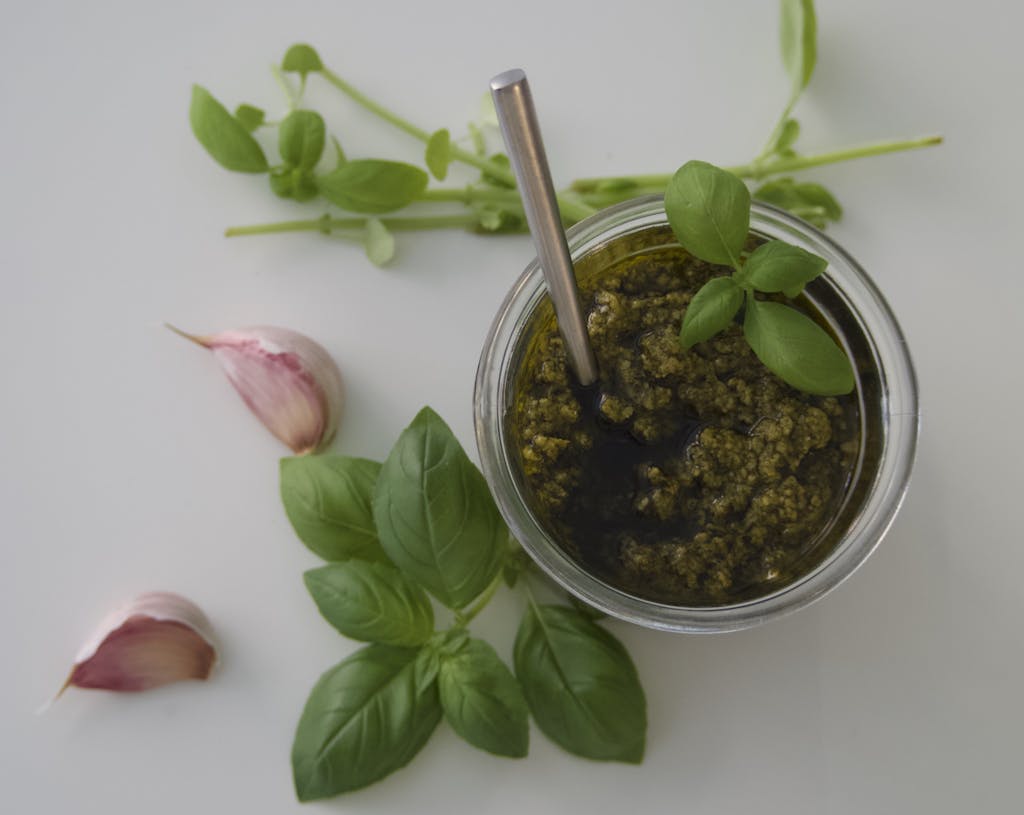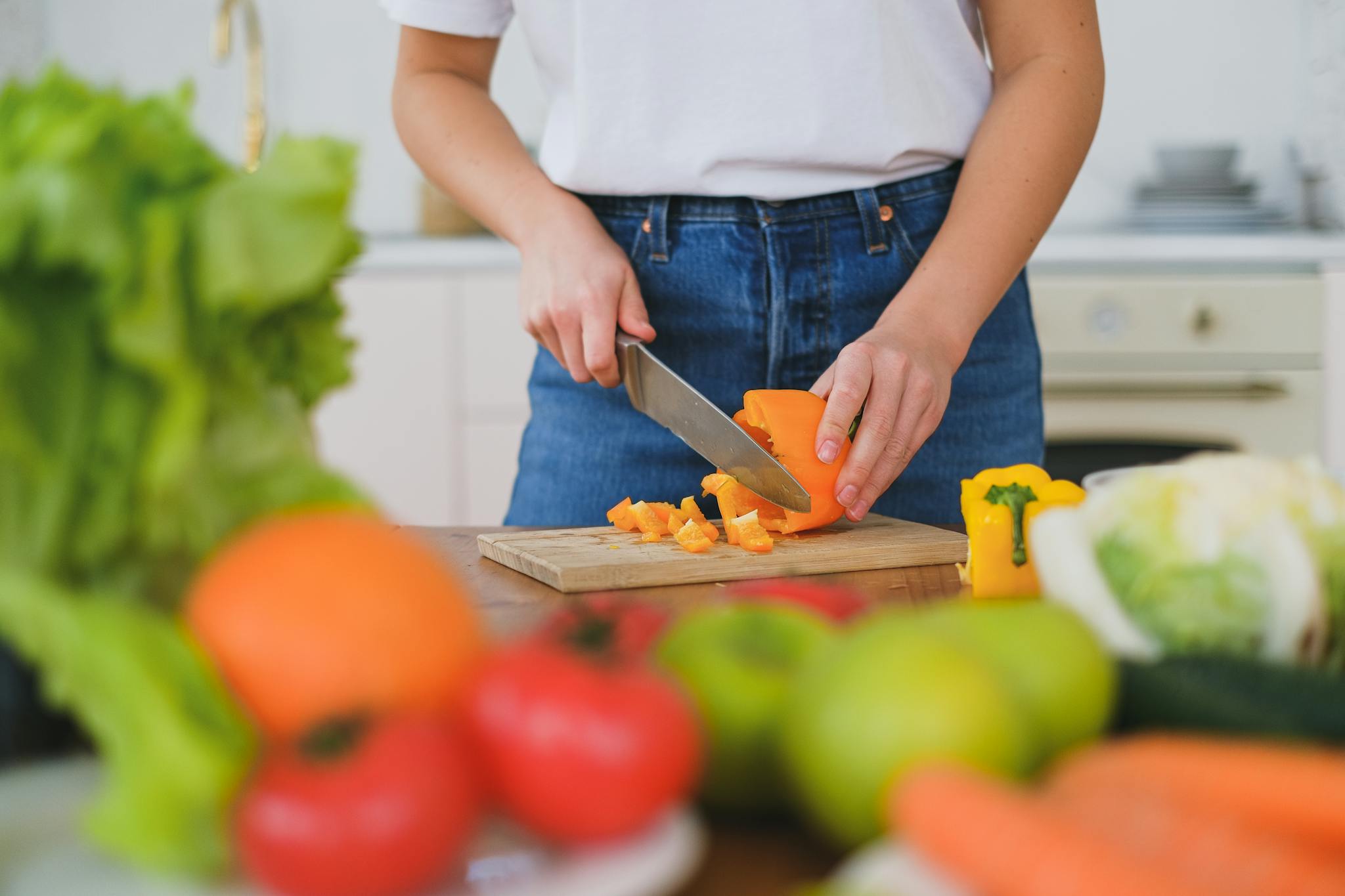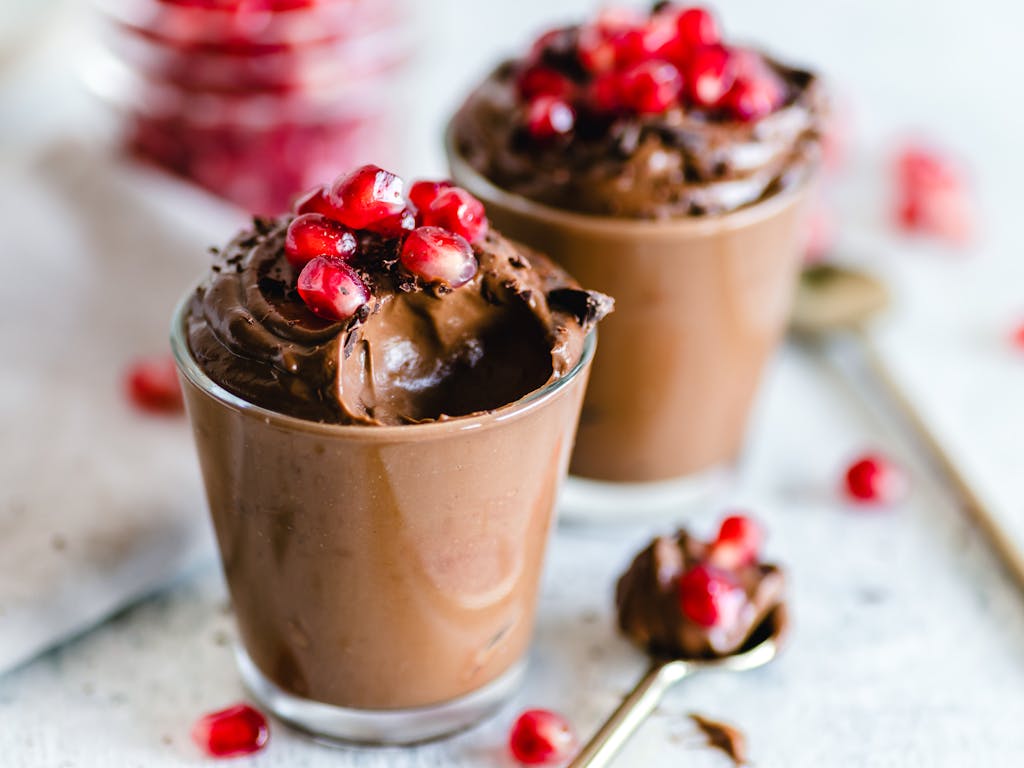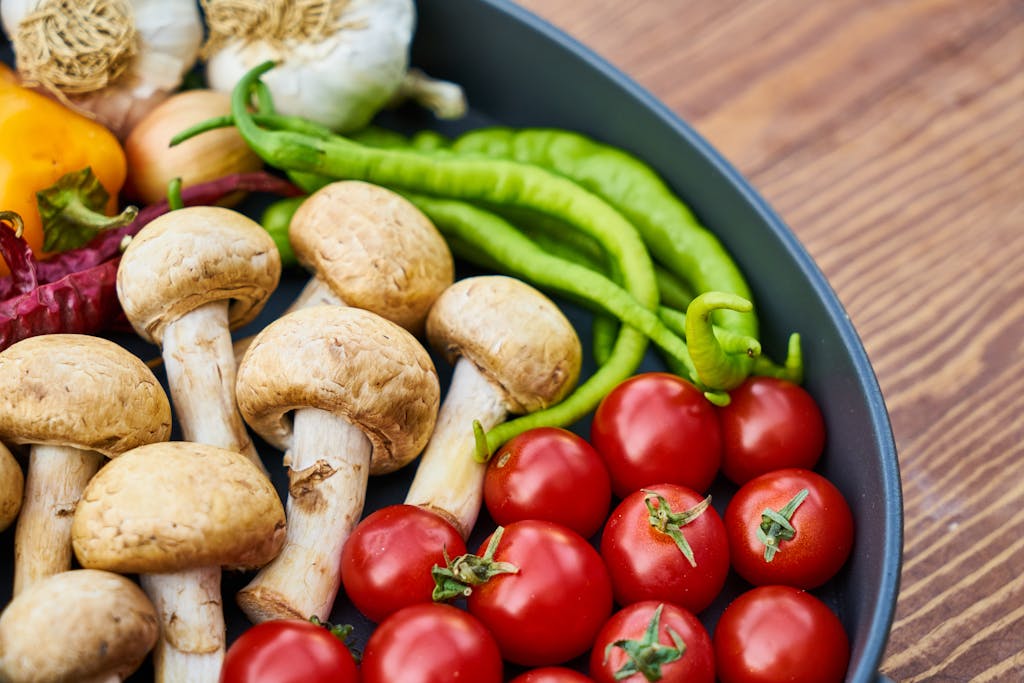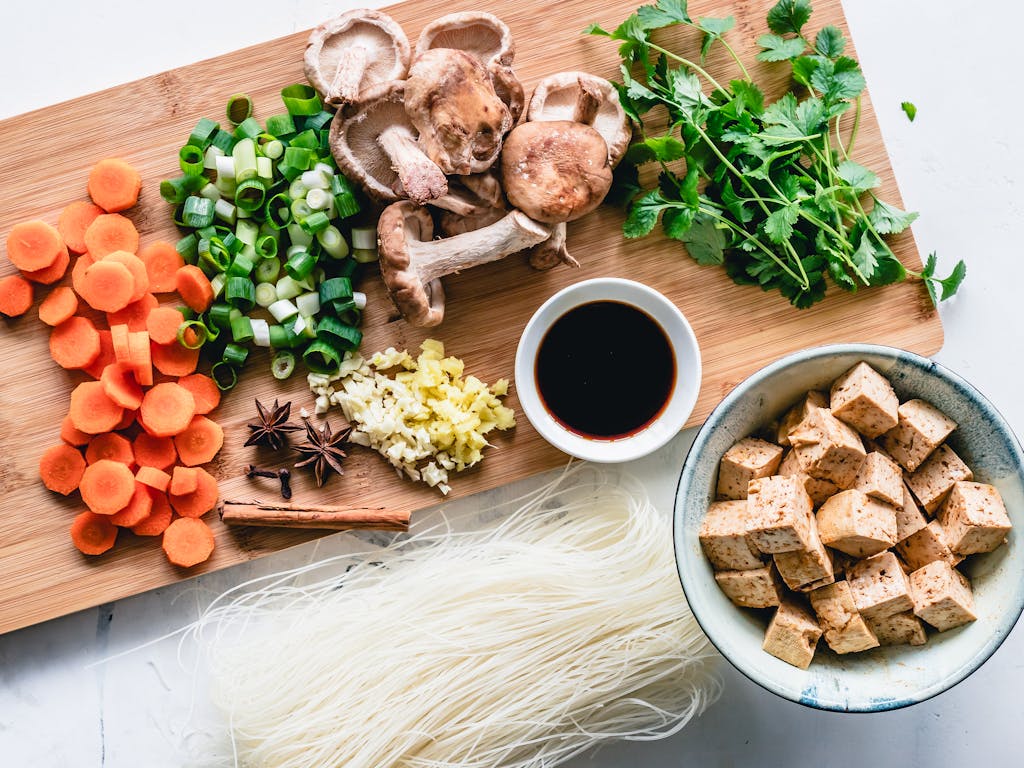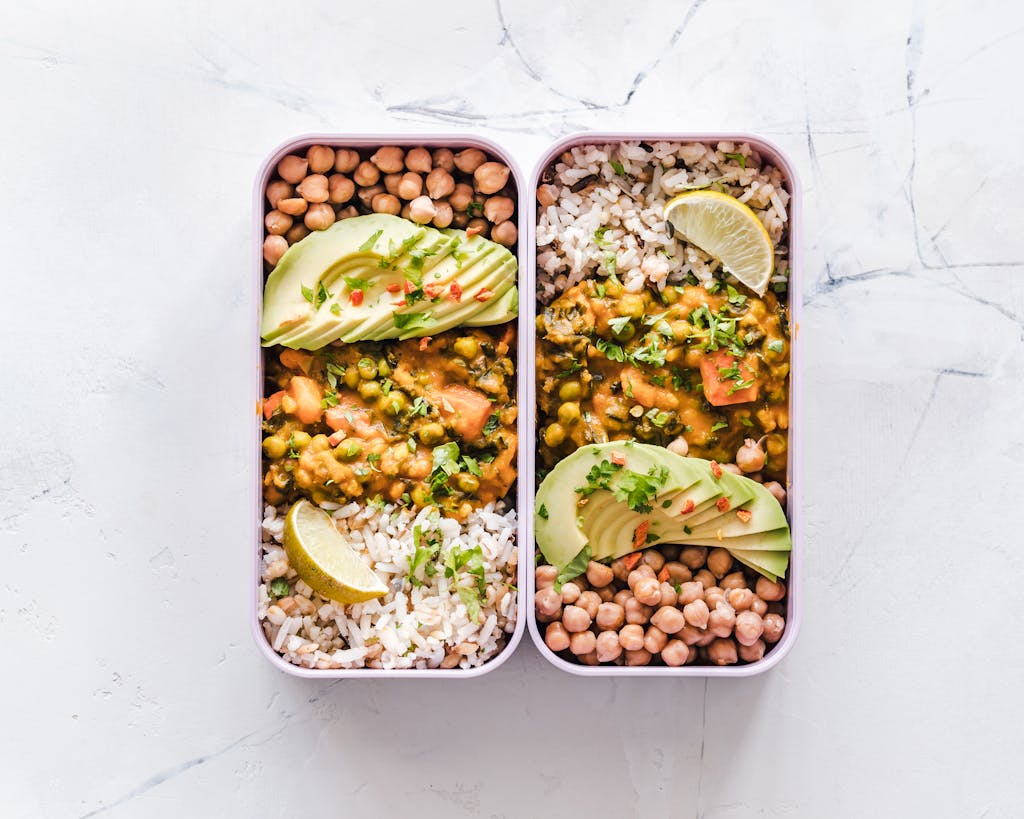
Is Protein Deficiency a Problem for Vegans?
The simple answer: no. Anyone who eats a healthy plant-based diet has virtually no risk of protein deficiency. Lots of natural vegan foods contain protein. See our chart below for just a few.
There’s a persistent myth that following a vegan diet are at risk of protein deficiency. This simply isn’t true. The misconception stems from the belief that animal products are the only reliable source of protein. In this article, we delve into the facts about protein in a vegan diet and explore just what it takes for vegans to have a healthy protein intake.
What is Protein, and How Much Do We Need Daily?
Protein is a vital macronutrient essential for the proper functioning of our bodies. It plays a crucial role in:
- Building and repairing tissues
- Supporting immune function
- Producing enzymes and hormones, and
- Maintaining healthy skin, hair, and nails
Proteins are made up of amino acids. Our bodies can produce the non-essential amino acids, but essential amino acids, like the ones found in protein, must be obtained from our diet.
The recommended daily intake of protein varies depending on a few factors like age, sex, weight, and activity level. According to the Dietary Reference Intakes (DRI) established by the Institute of Medicine, the average adult should aim for around 0.8 grams of protein per kilogram of body weight per day (Institute of Medicine, 2005).
Protein Requirements for Vegans
Meeting protein needs on a vegan diet is not only achievable but easy. Despite the misconception that vegans struggle to consume adequate protein, numerous studies have shown that well-planned vegan diets can provide sufficient protein to support overall health and athletic performance (Craig & Mangels, 2009).
For instance, vegan athletes like ultramarathoner Scott Jurek have thrived on plant-based diets, achieving remarkable athletic feats while meeting their protein needs through plant foods. The Game Changers documentary highlights several elite athletes that continue to achieve peak performance with the help of a vegan lifestyle.

Protein Sources for Vegans (and everyone else)
There is no shortage of protein sources for those following a vegan lifestyle. Plant-baed foods like legumes (lentils, chickpeas, and black beans) are excellent sources of protein, with one cup of cooked lentils providing about 18 grams of protein. Tofu and tempeh are also protein-rich options, with half a cup of firm tofu containing approximately 20 grams of protein (Mangels, Messina, & Messina, 2011).
While some plant foods don’t contain all nine of the essential amino acids, combining different protein sources throughout the day ensures that vegans receive a complete array of amino acids.
Ever heard the adage “rice and beans make a complete protein?” It commonly repeated because it’s true. This concept, known as complementary protein pairing, is an effective way to meet one’s protein needs.
The list below features some of the most common sources of vegan protein, but there are tons of others. Add a few of these to your shopping cart each trip, and you’ll be well on your way to meeting your protein requirement.
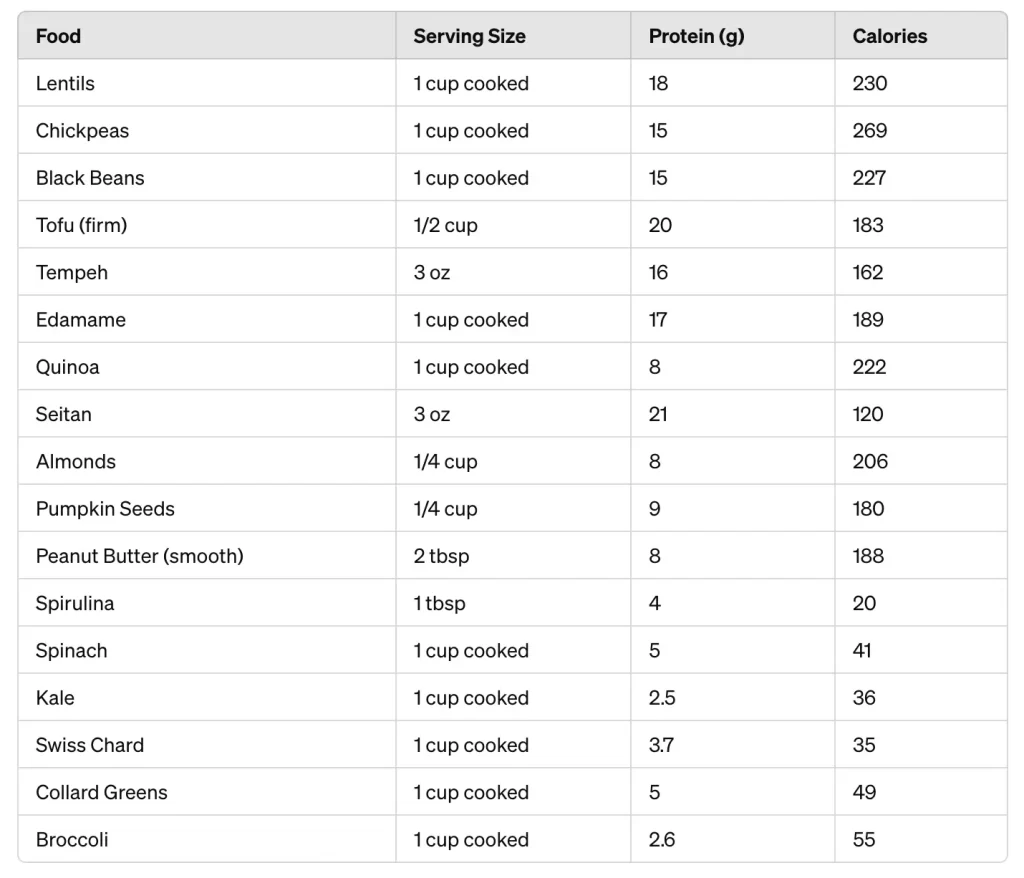
Potential Risks of Protein Deficiency in Vegans
Protein deficiency is rare in well-planned vegan diets, so it’s not a concern for most healthy vegans. It ‘s no more likely to happen on a vegan diet than an omnivorous one. Still, it’s important ot keep an eye on overall nutrition to ensure you’re giving you body what it needs to thrive.
Signs of protein deficiency include muscle weakness, fatigue, impaired immune function, and changes in hair, skin, and nail health. These can also be symptoms of other conditions, so monitor your body’s signals and see a doctor immediately if anything seems awry.
The Wrap Up
The myth that vegans are more at risk for protein deficiency than other people is a misconception easily debunked by scientific evidence. By incorporating a variety of plant-based protein sources into our diets and meeting our nutritional needs, vegans can meet and exceed our protein requirements without animal products.
As awareness of veganism grows and more people embrace plant-based living, it’s crucial to dispel myths about the lifestyle. The next time someone asks “how do vegans get their protein?” share this article. Let’s change minds one person at a time.
- Institute of Medicine (US) Panel on Macronutrients. (2005). Dietary Reference Intakes for Energy, Carbohydrate, Fiber, Fat, Fatty Acids, Cholesterol, Protein, and Amino Acids. Washington (DC): National Academies Press (US). Available at: https://www.ncbi.nlm.nih.gov/books/NBK216922/
- Mangels, R., Messina, V., & Messina, M. (2011). The Dietitian’s Guide to Vegetarian Diets. Jones & Bartlett Learning.
- Craig, W. J., & Mangels, A. R. (2009). Position of the American Dietetic Association: vegetarian diets. Journal of the American Dietetic Association, 109(7), 1266-1282. Available at: https://pubmed.ncbi.nlm.nih.gov/19562864/
